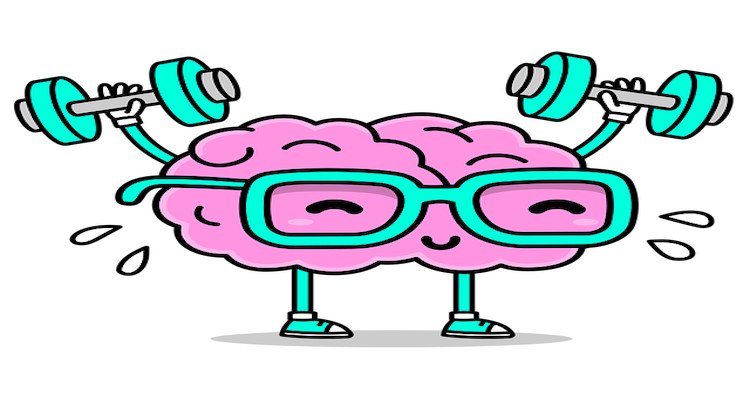
A number of scientific papers have highlighted the important role that motivation plays in sport behaviour (e.g., Clancy et al., 2016). Understanding motivation and how motivation can be enhanced in sport is clearly important. One technique to help in this regard is motivational mapping.
Motivational mapping is a process that helps individuals identify and understand their motivations, and how these can be harnessed to achieve their goals. It is a powerful tool for personal development and can be applied in a variety of settings, from business and sports to education and healthcare.
The process of motivational mapping involves self-reflection and analysis, and typically involves a series of questions designed to help individuals understand their values, beliefs, and drivers. This information is then used to create a visual representation, or map, of the individual's motivational landscape. This map can be used to identify areas of strength, as well as areas that may need improvement, and to develop strategies for achieving goals.
One of the key benefits of motivational mapping is that it provides individuals with a deeper understanding of their motivations, which can help them to stay motivated and focused on their goals. By identifying the underlying drivers and motivations, individuals can find ways to tap into these to keep themselves motivated, even during challenging times.
Motivational mapping is also useful for individuals who are looking to make a change in their lives, whether that's starting a new career, taking up a new hobby, or making a major life decision. By understanding their motivations, individuals can make more informed decisions about the path they want to take, and can develop a clear plan of action to achieve their goals. It is also something that can be done with teams and organisations.
In conclusion, motivational mapping is a powerful tool for personal development that can help individuals understand their motivations and harness them to achieve their goals. Whether you're looking to make a major life change or simply stay motivated and focused, this process can be a valuable resource to help you reach your full potential.
If you are interested in understanding more about your motivation you may wish to speak with a sport psychology consultant. We have a number who list their services on our directory, along with other sport performance specialists. You can see the full range of people we have on our directory and search for the sport performance specialist you need by location or specialism.
References
Clancy, R. B., Herring, M. P., MacIntyre, T. E., & Campbell, M. J. (2016). A review of competitive sport motivation research. Psychology of Sport and Exercise, 27, 232–242. https://doi.org/10.1016/j.psychsport.2016.09.003
